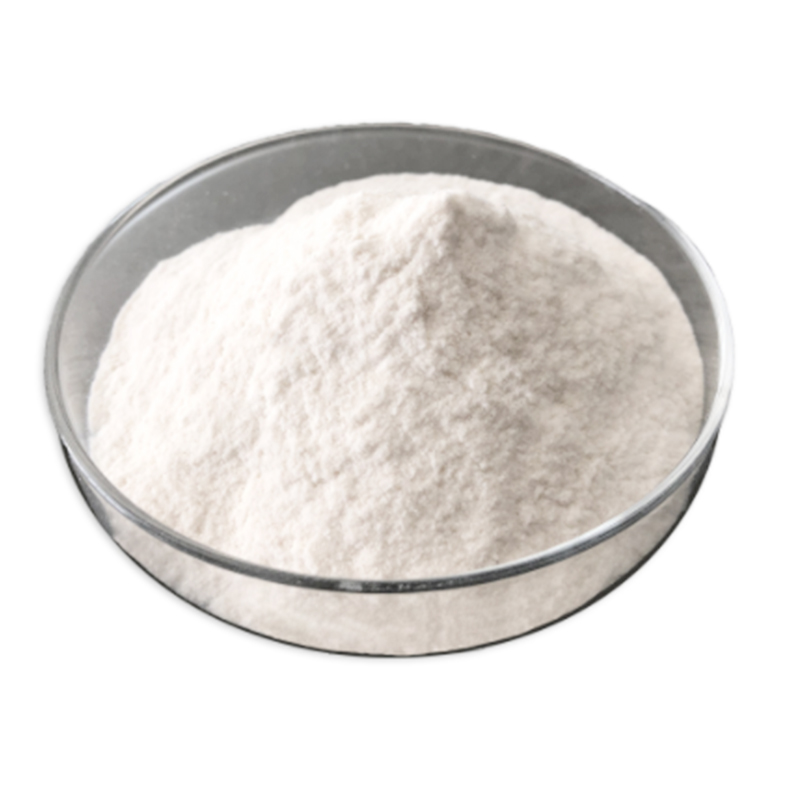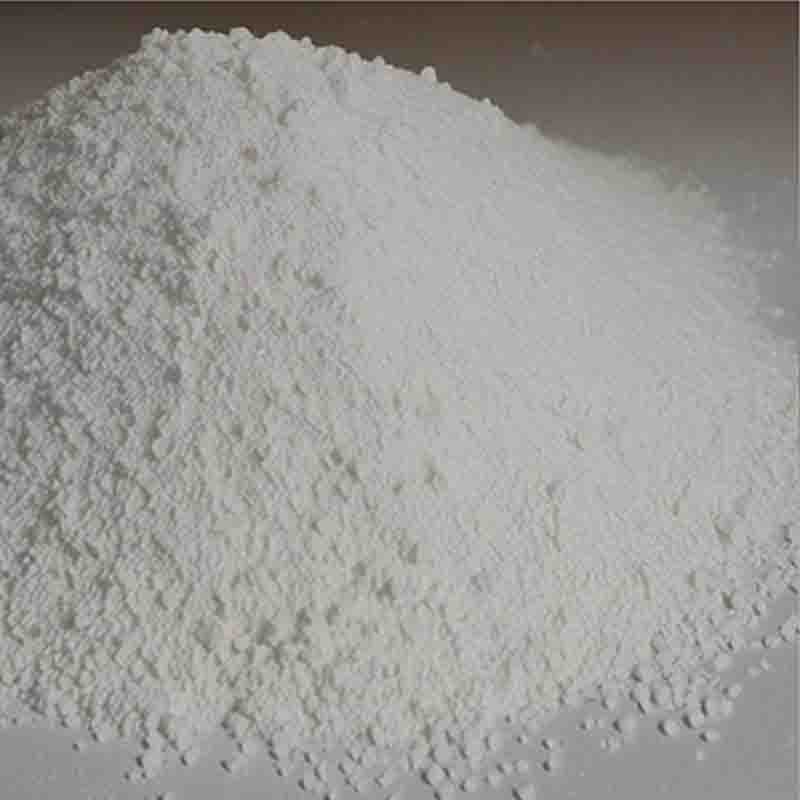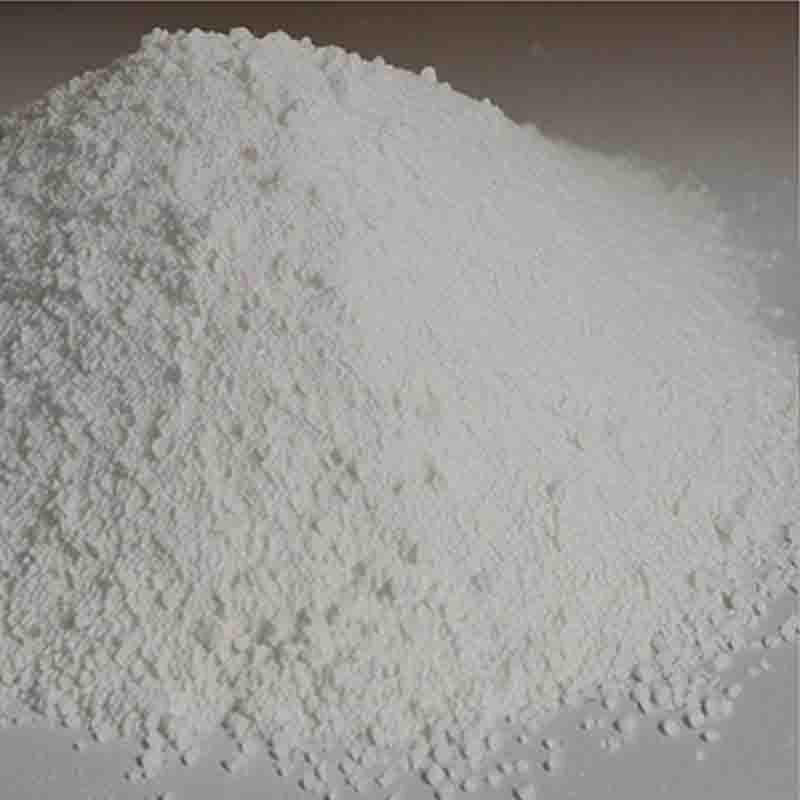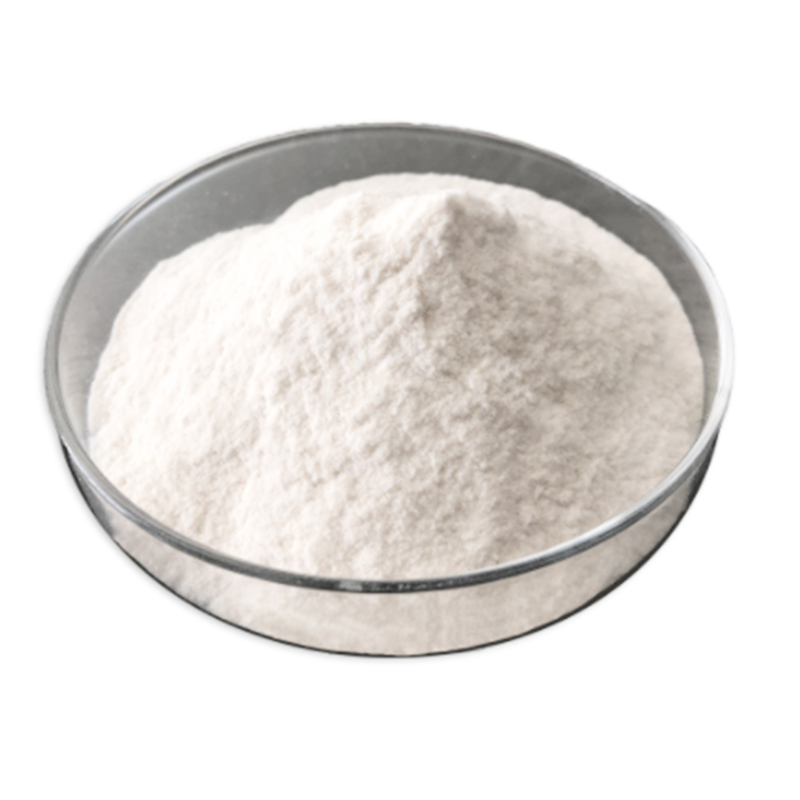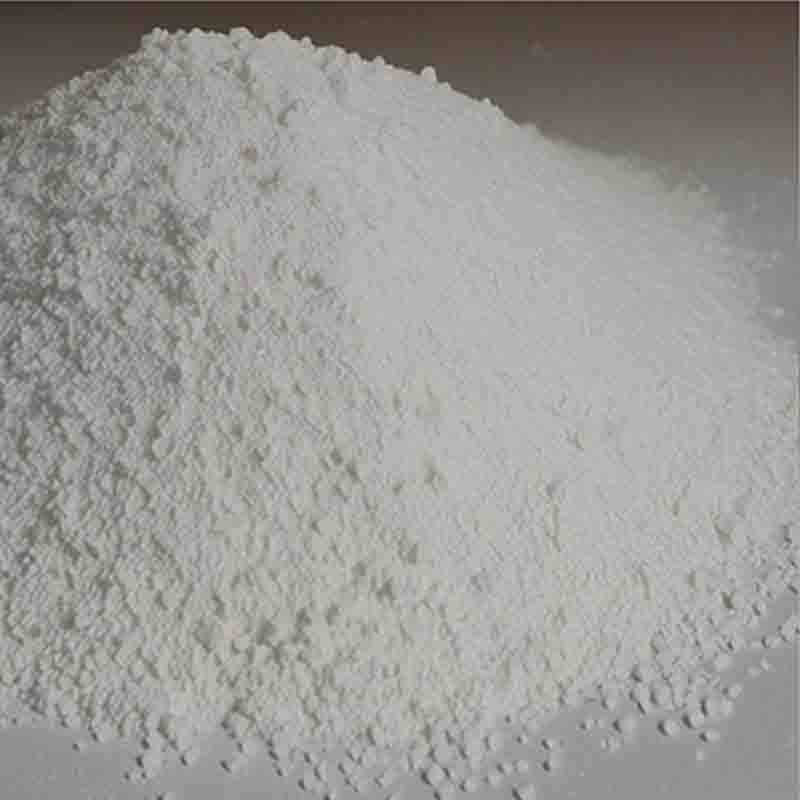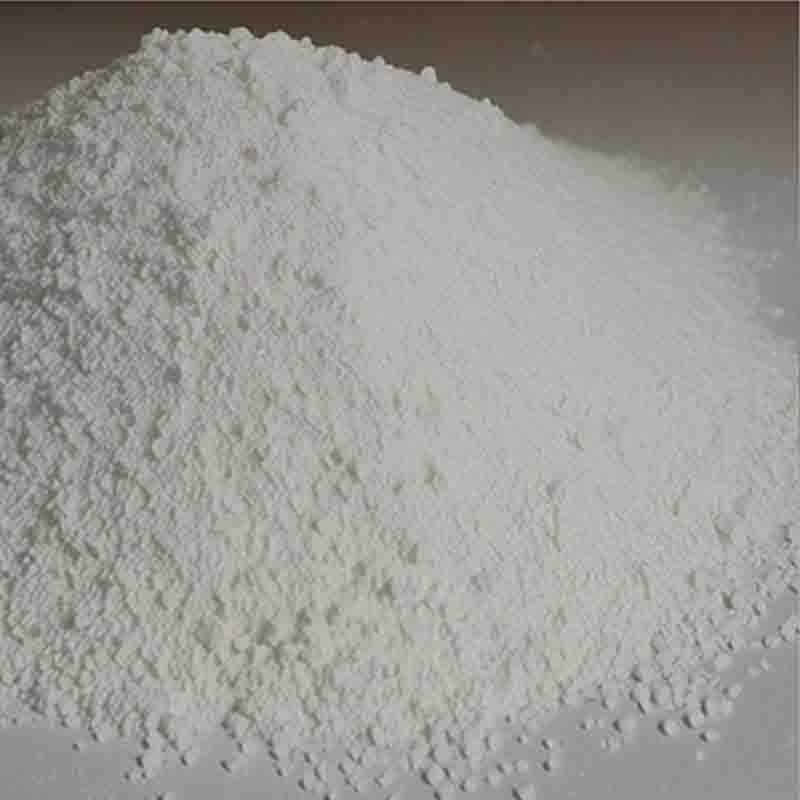Levofloxacincarboxylicacid CAS:100986-89-8
| Catalog Number | XD95649 |
| Product Name | Levofloxacincarboxylicacid |
| CAS | 100986-89-8 |
| Molecular Formula | C13H9F2NO4 |
| Molecular Weight | 281.21 |
| Storage Details | Ambient |
Product Specification
| Appearance | White powder |
| Assay | 99% min |
Levofloxacin carboxylic acid is a metabolite of levofloxacin, a fluoroquinolone antibiotic used to treat a variety of bacterial infections. Levofloxacin carboxylic acid is formed when levofloxacin is metabolized in the liver by the cytochrome P450 enzyme system.
The effect of levofloxacin carboxylic acid is not well understood, but it is believed to contribute to the overall antimicrobial activity of levofloxacin. Levofloxacin carboxylic acid has been shown to have activity against a range of Gram-positive and Gram-negative bacteria, including Streptococcus pneumoniae, Haemophilus influenzae, and Escherichia coli.
One study found that levofloxacin carboxylic acid had a similar antibacterial activity to levofloxacin against H. influenzae, but was less active against S. pneumoniae. However, the study also found that the combination of levofloxacin and levofloxacin carboxylic acid had a synergistic effect against both bacteria, suggesting that the metabolite may enhance the activity of the parent drug.
Levofloxacin carboxylic acid is also thought to contribute to the pharmacokinetics of levofloxacin. The metabolite has a longer half-life than levofloxacin, which means it stays in the body for longer and may contribute to the prolonged antibacterial activity of the drug.
However, levofloxacin carboxylic acid may also have some adverse effects. One study found that the metabolite was responsible for the phototoxicity of levofloxacin, which can cause skin reactions when exposed to sunlight. The study found that levofloxacin carboxylic acid was more phototoxic than levofloxacin itself, suggesting that the metabolite may be a significant contributor to the adverse effect.
In conclusion, levofloxacin carboxylic acid is an important metabolite of levofloxacin that may contribute to the drug's antimicrobial activity and pharmacokinetics. However, the metabolite may also have some adverse effects, such as phototoxicity. Further research is needed to fully understand the effect of levofloxacin carboxylic acid and its role in the pharmacology of levofloxacin.


